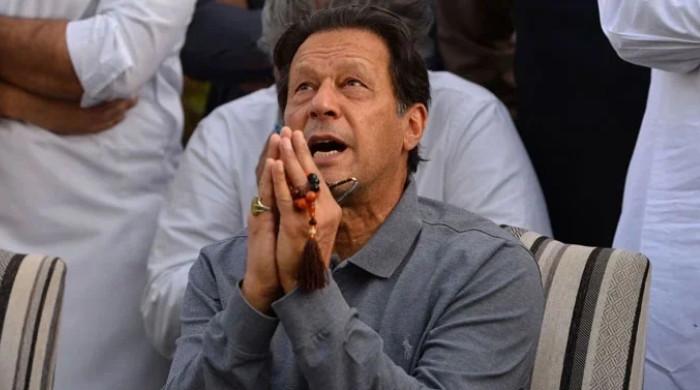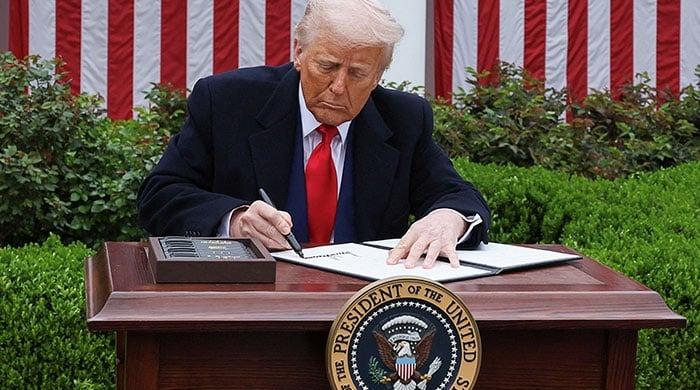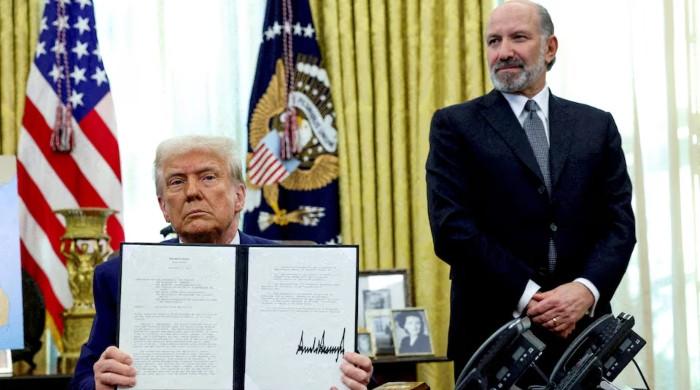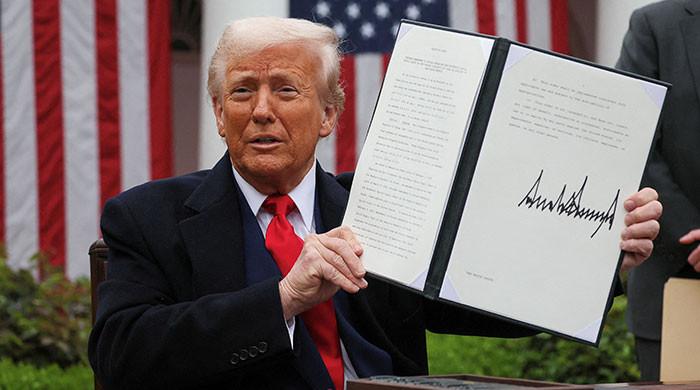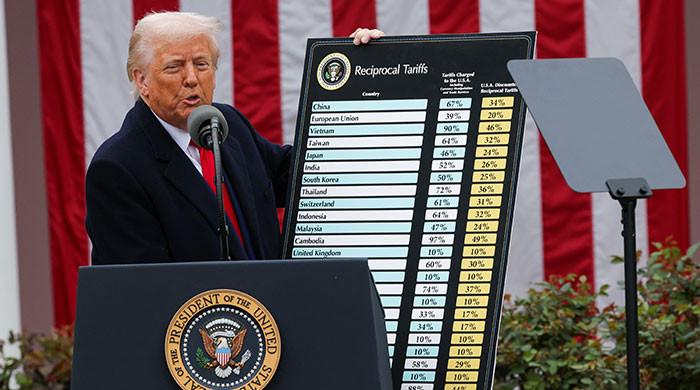Indian top court grants journalist Mohammed Zubair interim bail in alleged hate speech case
Zubair's interim bail granted for five days on condition that he will not post any new tweets about case
July 08, 2022
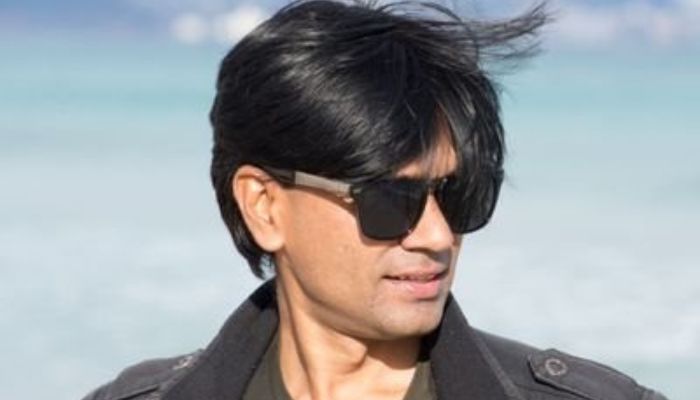
- Supreme Court of India granted prominent journalist Mohammed Zubair interim bail for five days.
- On a condition that he will not post any new tweets about the case.
- Says Zubair shall not tamper with electronic evidence in Bengaluru or anywhere else.
The Supreme Court of India granted prominent journalist Mohammed Zubair interim bail for five days on the condition that he will not post any new tweets about the case and does not leave the jurisdiction of the Sitapur Magistrate's court, Indian local media ANI reported on Friday.
The report stated that the Supreme Court of India in its ruling has added that Zubair shall not tamper with electronic evidence in Bengaluru or anywhere else.
On Friday (today), the Supreme Court of India heard a petition filed by Alt News co-founder Mohammed Zubair seeking protection from arrest and challenging an Allahabad High Court order refusing to quash a FIR registered for a tweet in which he allegedly referred to three Hindu seers as "hate mongers."
Senior advocate Colin Gonsalves, appearing for Zubair, had mentioned the matter for urgent hearing, telling the bench that there is a serious threat to his life.
The case
An Indian court, on Tuesday, gave police four days to question a prominent journalist over a 2018 tweet they described as “highly provocative”, in a case that has strained relations between the country’s majority Hindu population and largely Muslim minority.
Mohammed Zubair, a co-founder of fact-checking website Alt News and vocal critic of Indian Prime Minister Narendra Modi, was arrested after an anonymous Twitter user lodged a complaint with authorities over the four-year-old post.
Earlier this month, Zubair, who is Muslim, drew attention to an incendiary remark about Prophet Mohammad (PBUH) made on TV by a spokesperson for Modi’s ruling Hindu nationalist Bharatiya Janata Party (BJP).
With about half a million followers on Twitter, Zubair’s tweet about the comments went viral. The BJP suspended the spokesperson for anti-Islam remarks and expelled another official in a bid to defuse domestic and international outrage.
Several Muslim countries with strategic interests in India lodged complaints and at least two people were killed during protests that erupted in several parts of India. More than 400 people were arrested. The BJP officials have not been arrested.
On Tuesday, Zubair appeared in a trial court in New Delhi.
His lawyer said the case bordered on the absurd because Zubair had used satire from a Hindi-language movie in his 2018 tweet and there was no evidence that he had hurt religious sentiments among Hindus.
“My client is being targeted for his work. He may be challenging the people who are powerful but that can’t be a reason why he is targeted,” Vrinda Grover said.
Officials in the Delhi police, home ministry and BJP declined to comment on the case, as it was still going through the courts.
'No offence committed'
Some opposition leaders and rights groups condemned Zubair’s arrest. Along with Pratik Sinha, also a co-founder of Alt News, he was shortlisted for the Nobel Peace Prize this year.
“It is absolutely clear that anyone who actively questions the actions of Modi’s government or his party officials on public platforms can be easily thrown in prison,” said Nirjhari Sinha, a managing director of Alt News.
India was ranked 150th on the 180-country World Press Freedom Index, compiled annually by Reporters Without Borders.
Nirjhari Sinha is a former scientist who, along with her late husband, fought several legal cases against Modi that questioned his role in one of the worst religious riots in India in recent decades.
At least 2,000 people, mostly Muslims, were killed in month-long riots that erupted after 59 Hindu pilgrims died in a train fire in 2002 in Gujarat, the state Modi governed at the time.
Some Muslims see Zubair’s arrest as another attempt to marginalise their community, which comprises 13% of India’s 1.35 billion population.
In recent months, several Hindu groups have disputed Muslims’ rights to claim centuries-old mosques as their own and pushed for the hijab to be banned in class in some areas.
Critics say the BJP has turned a blind eye to the potentially incendiary initiatives, but Modi and his party counter that Hindus get no preferential treatment and that the government’s reforms are designed to benefit all Indians.
In a separate case, social activist Teesta Setalvad was arrested over the weekend on suspicion of faking documents about the 2002 anti-Muslim riots.
Modi has always denied accusations that he failed to stop them and he was exonerated in an Indian Supreme Court inquiry in 2012. Last week, the Supreme Court dismissed another petition questioning his exoneration.
“According to us there is no offence committed by Setalvad and we will take all necessary legal action,” said Somnath Vatsa, Setalvad’s lawyer.
Government officials and police declined to comment on her case.




